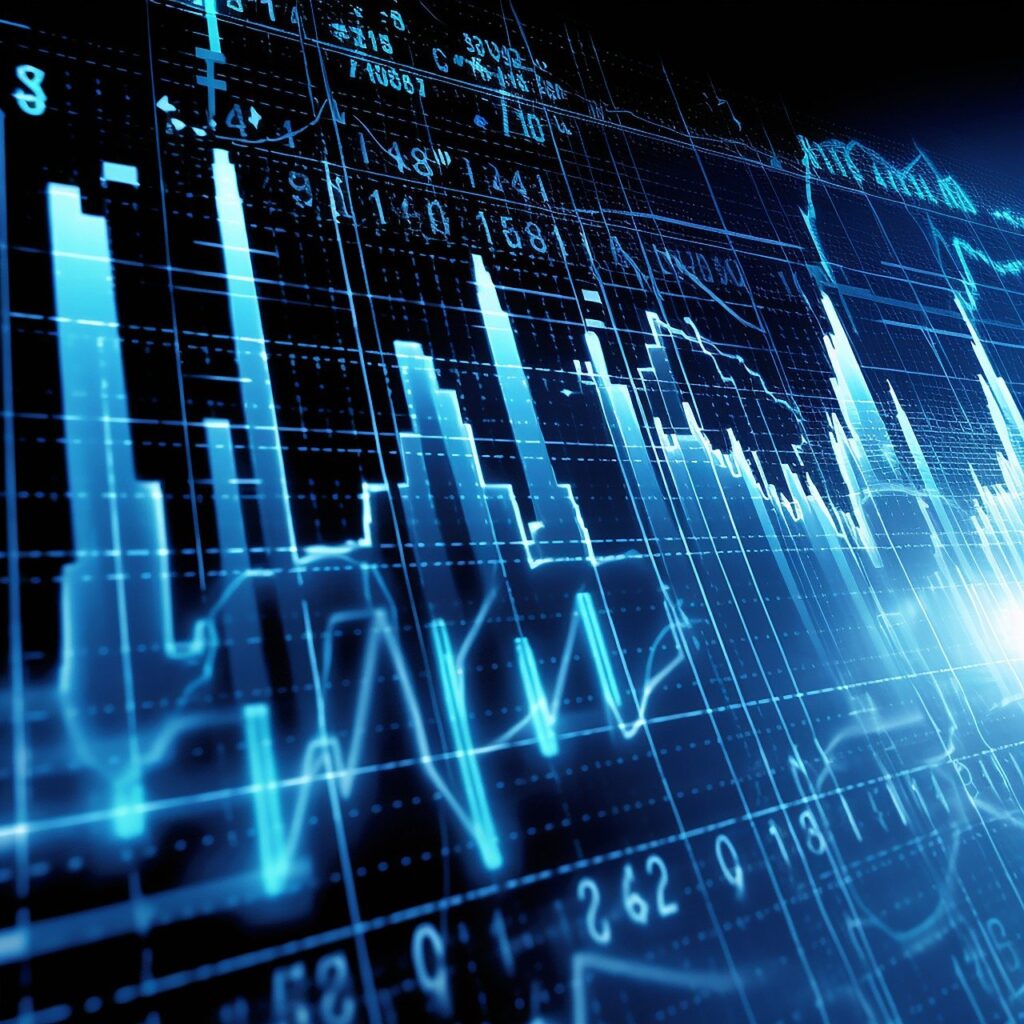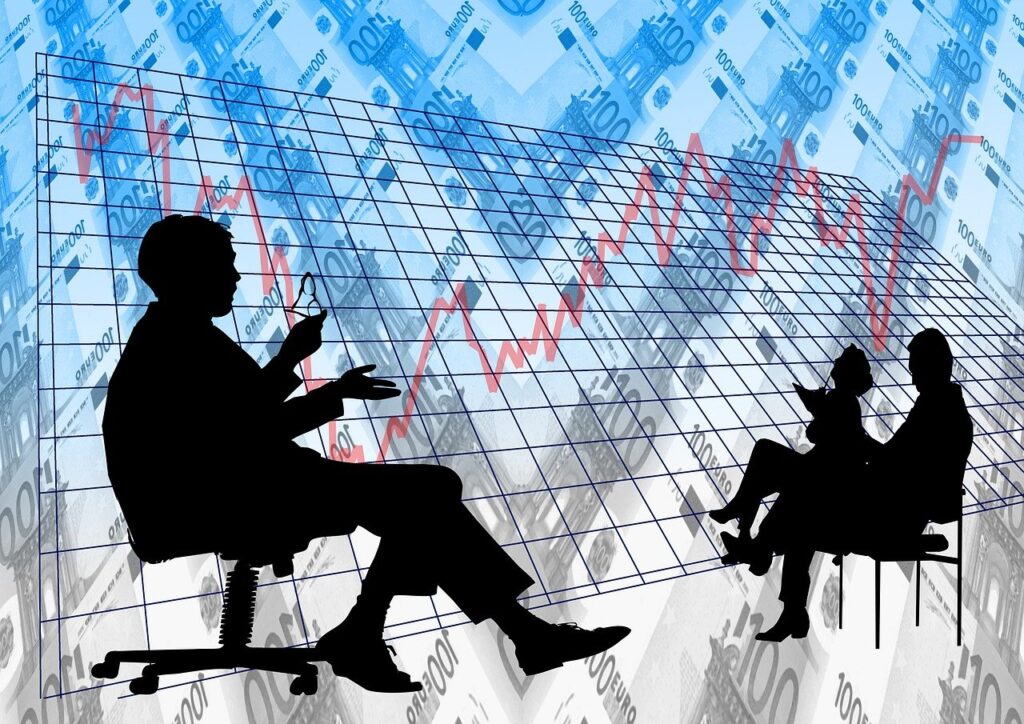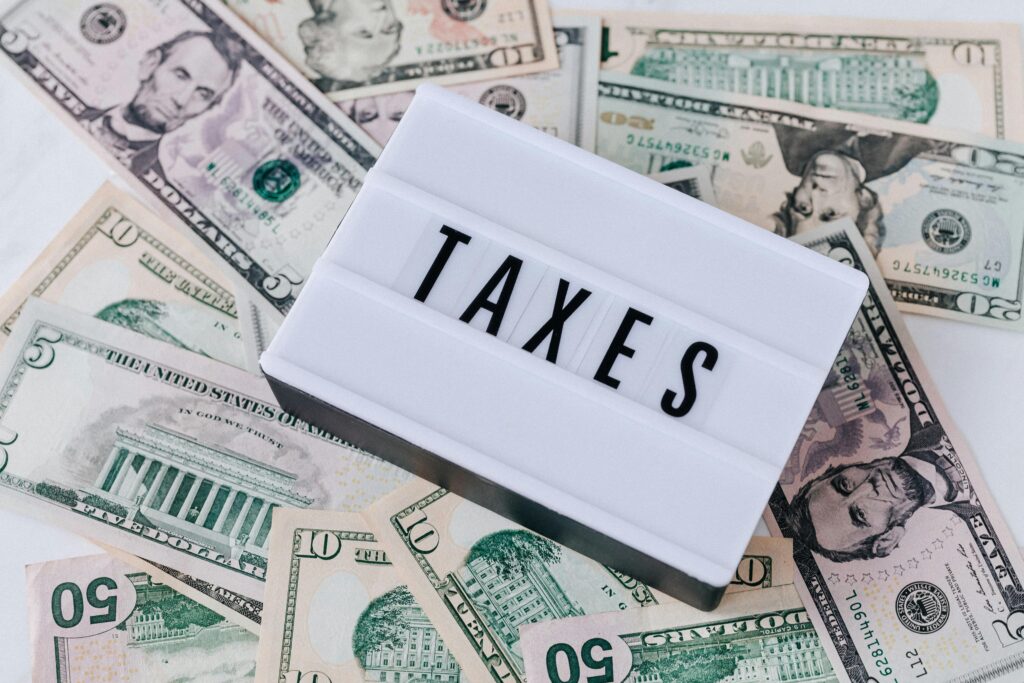
Have you ever wondered why your home loan payments suddenly increased or why your groceries cost more? These changes aren’t random; they’re linked to broader economic shifts. By understanding the economy, you can better predict these changes and plan your finances more effectively.
In India, the economy is constantly evolving, and it’s important to understand how these changes affect your daily life and financial decisions. This blog will explain key economic indicators and their relevance, helping you make smarter financial choices.
The Importance of Economic Indicators
Economic indicators might seem like technical jargon, but they’re essential for understanding the financial environment and making better decisions.
Why Should You Care?
Indicators like inflation, GDP growth, and unemployment rates are like the economy’s vital signs. They show the current state and potential future trends of the economy.
For example, knowing these indicators can help you decide the best times to invest, buy a property, or save more.
Think of it as a weather forecast for your money. While you can’t control the economy, understanding it helps you prepare and protect your finances.

Understanding Economic Cycles
Every economy goes through cycles, including expansion, slowdown, recession, and recovery. These phases affect everything from job availability to consumer spending.
How Does This Affect You?
During an expansion, the economy grows, job opportunities increase, and incomes often rise. It might seem like the perfect time to make big purchases or investments. However, remember that economic growth can slow down.
In a slowdown, growth decelerates. This is a critical period for careful financial planning to avoid potential problems in the future.
Recession sees the economy shrinking, with higher unemployment and reduced spending. This downturn impacts incomes and job security. Your financial plan needs to be strong and flexible to weather these challenges.
Finally, in the recovery phase, the economy starts improving, gradually moving towards stability. Understanding these cycles helps you anticipate financial challenges and opportunities, aligning your financial strategies accordingly.
Key Economic Indicators and Your Finances
Let’s delve into a few key economic indicators and how they impact your finances.
Inflation: The Silent Thief
Inflation refers to the general increase in prices of goods and services over time. As prices rise, the purchasing power of your money decreases, meaning you get less for the same amount of money. This can impact your savings and investments if they do not grow at a rate that exceeds inflation. By understanding how inflation works, you can make more informed decisions about how to manage your money.
GDP Growth: A Snapshot of Economic Health
The GDP growth rate measures the economic health of a country. It reflects the total value of goods and services produced within a nation. A growing GDP usually signals a healthy economy, with more job opportunities and potentially higher wages. Conversely, a declining GDP can indicate an economic slowdown. Knowing GDP trends helps you plan investments and major purchases.
Unemployment Rate: Stability of the Job Market
The unemployment rate shows the percentage of the workforce that is unemployed and actively seeking employment. A rising unemployment rate may indicate a sluggish economy, while a decreasing rate signals growth. Understanding unemployment trends helps gauge job market stability and foresee income risks.

Monetary Policy and Interest Rates: Borrowing Costs
Monetary policy, through changes in interest rates, affects loans and savings. When the Reserve Bank of India (RBI) changes the repo rate, it influences the interest rates for savings accounts, fixed deposits, and loans. Lower interest rates make loans cheaper but reduce savings returns, while higher rates increase loan costs but offer better savings returns.
Fiscal Policy: Government Spending and Your Finances
Fiscal policy involves government spending and taxation. When the government spends more than it earns, it borrows money to cover the deficit. This borrowing can impact interest rates and influence loans and investments. Government spending and tax policies directly affect disposable income and economic activity. For example, a tax cut increases disposable income, while increased government spending can boost economic activity.
Interplay of Economic Indicators
Economic indicators are interconnected. For instance, inflation can prompt changes in monetary policy, affecting GDP growth and unemployment. Understanding these connections provides a comprehensive view of the economy and its impact on your finances.
Conclusion: Smarter Financial Decisions
Understanding macroeconomics is a tool for making smarter financial decisions. By keeping an eye on economic indicators, you’re better equipped to navigate personal finance complexities.
The economy is ever-changing, but with knowledge, you can be prepared. By aligning your financial strategies with economic insights, you set a course for a secure financial future.
The views in this article/blog are personal and those of the author. The idea is to create awareness and not intended to provide any product recommendations.


